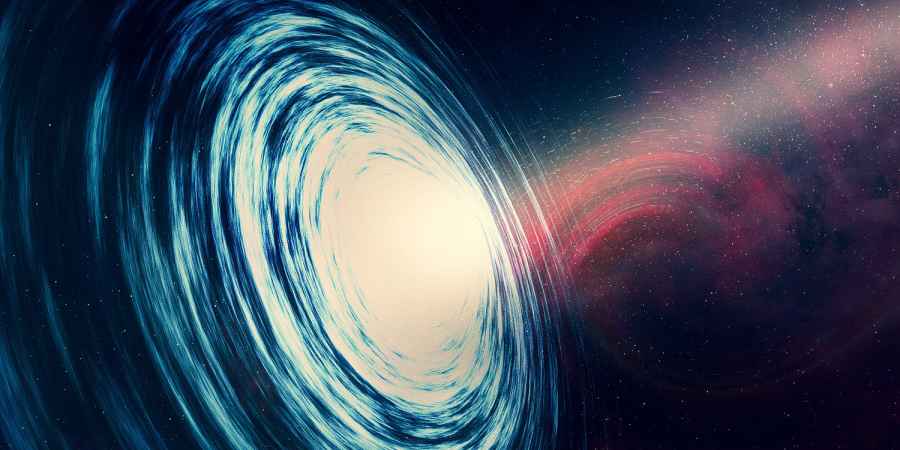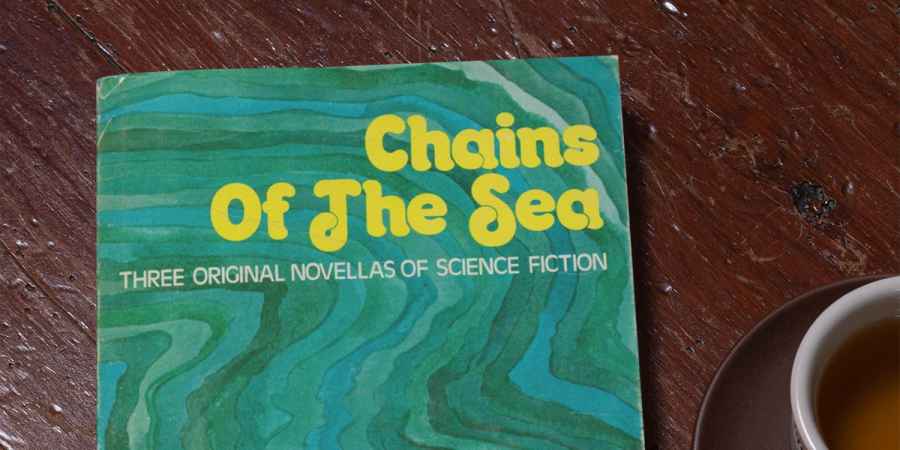
Photo: Pexels
Zero-point energy, or ZPE, is a concept that has been debated by conspiracy theorists and physicists for decades. It refers to an immense, untapped energy field in the universe that exists even in "empty" space. If we could harness it, it would provide humanity with an unlimited, free source of power. But some claim that governments and powerful corporations are deliberately suppressing ZPE to protect their interests. Could there be any truth to this?
What Is Zero-Point Energy?
Before we dive into conspiracy theories, let's try to make sense of the science behind zero-point energy. At its core, zero-point energy is the idea that even in the emptiest space possible - like a vacuum with no light, heat, or sound - tiny particles are still moving around and producing energy. This movement happens because of the strange rules of quantum physics, which say that particles can never be completely still. Even when space seems completely empty and devoid of energy, there's still a small amount left, which is what is known as zero-point energy. While scientists agree that ZPE exists in theory, the big problem is harnessing it. The energy is tied to the fabric of space itself, and no current technology can extract it in a usable way.
If humanity could harness ZPE, it could provide a limitless, clean power source and revolutionise life as we know it. Some, however, argue that this has already been discovered and hidden from the public and suppressed. But could a global suppression of ZPE really happen? Why would governments or corporations even want to suppress such a breakthrough?
Conspiracy theorists argue that it is plausible. Their opinion is based on the reality that governments control energy production because it is central to economies and national security, and unfortunately fossil fuel industries still have a lot of political influence.
A discovery like ZPE would disrupt this balance completely, potentially causing economic chaos and threatening those in power. Oil and gas companies generate billions in profits and employ millions of people, making them critical to economic stability. Governments might fear that ZPE would destabilise energy markets, cause massive unemployment, and disrupt global power structures.
There's also the matter of control. Today's energy systems are tightly regulated, giving governments influence over their production and distribution. A decentralised, limitless energy source could upend this system, making it harder for governments to manage energy taxes, regulate industries, and maintain national security. Unlimited energy could also create unforeseen risks, such as the development of advanced weapons or unregulated technologies.
Admittedly, these arguments do sound convincing, but they rely on the assumption that every government around the world would agree to the suppression and remain united in keeping it secret.
This is where the theory begins to fall apart. Countries like the United States, China, and Russia are locked in constant competition, and their interests often conflict. If one country developed ZPE, the benefits of revealing it would be overwhelming. It would give that country unrivalled economic and geopolitical power, as well as a significant advantage over rivals still dependent on fossil fuels. Breaking any supposed pact of suppression would be almost irresistible - even assuming the unlikely possibility that such a pact could be agreed upon in the first place.
The idea also underestimates how difficult it would be to keep such a discovery secret. If ZPE were possible, researchers across the world would likely stumble upon it independently. Suppressing every scientist, engineer, and institution working on the problem would require unfeasible levels of monitoring and influence.
The other problem with the suppression theory is that there is little precedent for withholding other technologies that brought with them huge global shifts. While governments sometimes resist change, they generally adapt and find ways to profit from new innovations. Solar panels, for instance, were initially slow to develop but are now widely supported, even though they disrupt traditional energy markets. If harnessing ZPE was possible, it's more likely that governments would try to control and monetise it through patents and licensing, rather than hide it entirely.
As nice as free, clean, limitless energy would be, the suppression of zero-point energy seems unlikely, not because governments and corporations wouldn't have reasons to try, but because the fragmented nature of global politics makes it nearly impossible. Rival nations would compete to develop and exploit such a discovery rather than bury it, and the sheer number of people involved in such a breakthrough would make secrecy unmanageable.
The reality is that the scientific challenges of harnessing free energy mean that ZPE remains firmly in the realm of theory. While the possibility of its existence is an exciting one, it seems more likely that its limitations lie in the lab than in the shadowy halls of government.
Learn With Higgypop
Hosted by Paralearning in association with Higgypop, these courses on ghost hunting, paranormal investigations, and occult practices draw on the experience of our team of paranormal writers.

Diploma In Practical Ghost Hunting & Scientific Analysis
This course gives you practical and useful knowledge of ghost hunting and paranormal research, which is invaluable when conducting your own paranormal investigations or as part of a group event.
View Course
Diploma In Capturing & Analyzing Electronic Voice Phenomenon
This course gives you practical and useful knowledge of ghost hunting and paranormal research, which is invaluable when conducting your own paranormal investigations or as part of a group event.
View CourseMore Like This

ScienceMarch 10, 2025
What Ghost Hunters Mean When They Talk About Dimensions

MoviesAugust 28, 2024
Cult Sci-Fi Novella 'Chains Of The Sea' Set For Big-Screen Adaptation

ParanormalJune 06, 2024
How Infrasound Could Explain Your Paranormal Experiences
 See More on Audible
See More on Audible

Comments
Want To Join The Conversation?
Sign in or create an account to leave a comment.
Sign In
Create Account
Account Settings
Be the first to comment.